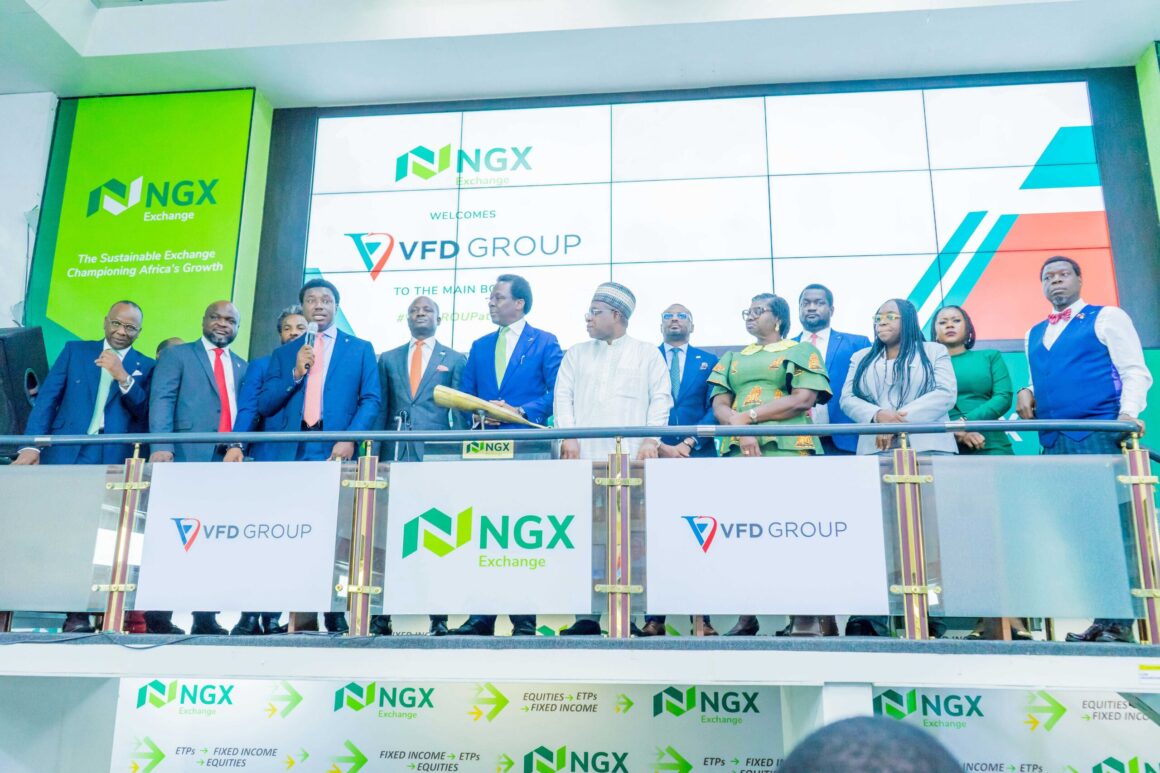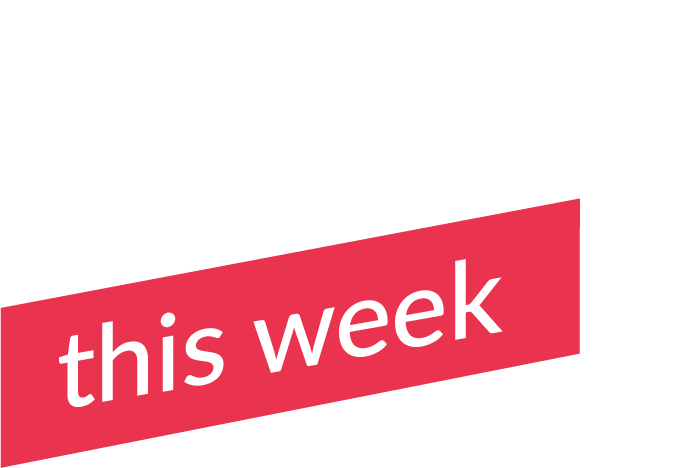Top of Mind: Happy Sunday!
It’s IPO season, and everyone’s eyes are peeled for the next big listing.
ARM and Instacart blew open the IPO drought with a strong debut but a predictable flattening days later.
In Africa, our stock markets are getting new blood with the latest listing on Nigeria’s stock exchange – NGX.
Let’s dive in.
One big thing:
- It’s IPO season.

The short: IPO season is open, and African startups are looking to break through the post-COVID IPO drought.
Who turned up the heat: Grocery delivery startup Instacart and chip maker ARM broke open the IPO window – rallying on the opening day of trading with $10b and $54b+ in value, respectively.
ARM’s IPO was Softbank’s most recent profitable exit, and the winners of Instacart’s IPO were top-tier early VC investors like Sequoia and Andreessen Horowitz.
An African IPO: African startups are currently dealing with the effects of over-hiring, inflation, and unforgiving business environments.
However, the IPO resurgence could be the breather that startups need to raise money and provide liquidity for the company and investors.
First in line: Lagos-based investment firm VFD Group listed on the Nigerian Exchange Limited (NGX) on Friday at N269.30 – boosting the market capitalisation of the NGX by N45 billion.

The process of VFD’s listing started over a year ago following its acquisition of a 5.2% stake in the NGX, adding to its impressive list of portfolio companies across diverse industries like media, tech, telecommunications, real estate, and power.
The listing cemented NGX’s status as a formidable exchange platform in Africa for companies in their growth stages looking to scale across markets and gain access to capital.
Nigeria listings: With 328 companies listed and over $27b in market cap, the Nigerian Stock Exchange (NGX) is an attractive exchange for startups looking to go public on the continent.
The NGX created a dedicated growth team to help startups raise long-term capital, stimulate growth, and offer the public a chance at owning a piece of the company.
In addition to the growth team, the NGX established a Premium Board to support companies with a market cap of $200 million, which includes all the multibillion-dollar Nigerian companies. Still, they’re intentionally trying to offer value to startups below this threshold.
Attracting new players: Africa’s stock markets are doubling to attract regional companies by softening listing rules. Nigeria’s NGX relaxed rules on quarterly submissions of financial reports and a track record of profitability – making it easier for startups with little to no profitability but great business fundamentals to go public in Nigeria.
By making it easier for tech startups to list on the exchange and increasing the pool of local investors and capital available, the NGX hopes to entice African startups to list locally rather than internationally.
Old players: Nigerian fintech Interswitch had two discontinued attempts at listing on the London Stock Exchange (LSE). The first time was due to rising oil prices that caused an economic recession in Nigeria, and the second time, COVID-19.
Economic challenges like these make it difficult for tech startups to go public, especially in their home countries, but there’s another way.
Enter…
The MTN Playbook: Publicly listed in Nigeria, Ghana, Uganda, and South Africa; MTN created a playbook for regional listings.
Flutterwave’s IPO plans will adopt the same playbook by listing in Nigeria and the US.
MTN’s playbook works because startups operate across borders and have assets in countries other than their founding countries, so creating opportunities for those markets to own a piece of the company strengthens their dominance in the region.
Double listing: MTN’s playbook is effectively multiple listing, but tech startups can also double-list.
Wins:
- Access to a diverse investor base.
- Enhanced visibility in the chosen market.
- Improved liquidity – shares can easily be bought and sold.
- Currency diversification – raise in multiple currencies, reduce currency dependency risk, and get flexibility in managing global operations.
- Access to other local markets.
- Arbitrage opportunities – profit from fluctuations in the currency markets
- Risk mitigation – keep your business running in another country despite adverse regulations in another.
Final thoughts: IPOs are in again, and startups with solid fundamentals and growth prospects have new ambitions.
With the NGX’s ambitious goals to attract regional startups to the stock market, the next few years will see more diversity on the stock exchange.
Make way for the new companies joining the ranks of traditional IPO tickers from banking, telecommunications, and power.
It won’t be an easy road for startups, but it’s an exciting ambition for Africa’s tech ecosystem.
Thanks for reading! We’d love to hear your thoughts about this week’s issue.
Please respond directly to this email or find me on Twitter @fatuogwuche 🙂
And follow us on Twitter @bigtechthisweek.

